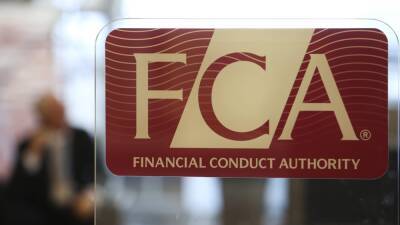S Korean Market Regulator Wants to Label Upbit, Bithumb ‘Large Conglomerates’
South Korea’s biggest crypto exchanges are set to be regulated by the nation’s conglomerates regulator – a sign they have grown from relative obscurity into mega-companies in the space of just a few years. But the regulatory move would also ramp up scrutiny on what is already a heavily policed industry.
The Kookmin Ilbo reported that the Fair Trade Commission (FTC) is looking to classify Bithumb and Dunamu – the operator of the market-leading Upbit exchange – as “large conglomerate” firms, due to the fact that they represent a massive combined 90% of the national crypto market.
The FTC is set to officially announce its new classifications on May 1.
Classification as a “large business group” or “conglomerate” requires firms to abide by stricter regulatory compliance, and would entail closer scrutiny. South Korea’s business landscape is dominated by family-run business groups – the likes of Samsung, LG, CJ, Hyundai, and SK. Known as chaebol in South Korea, these business groups have been accused of wielding disproportionate amounts of power – and several governments have attempted to tackle this by breaking companies up and imposing strict regulations on the companies.
The FTC, thus, has been doing the kind of work done by a monopolies commission in other nations.
“Large conglomerate” firms must abide by additional financial disclosure requirements, and must post regular reports on the status of their stock holdings.
Company directors and their family members are also obliged to abide by strict expropriation rules and the company must observe. Certain blocks are also placed on investment and cross-holding – whereby publicly-traded companies hold significant quantities of shares in other stock exchange-listed firms.
A wrinkle has
Read more on cryptonews.com





















